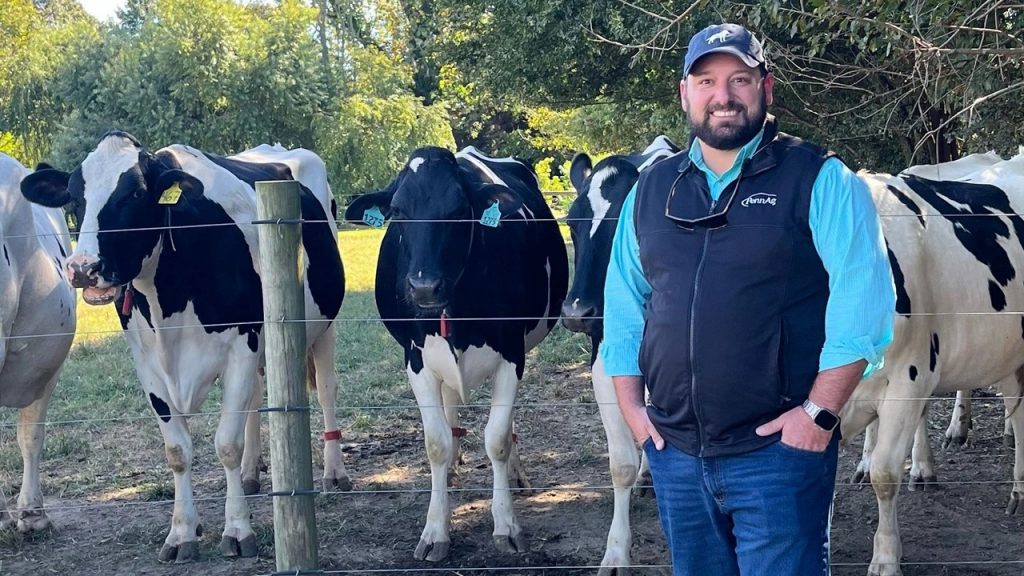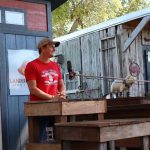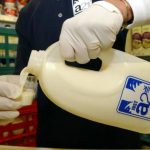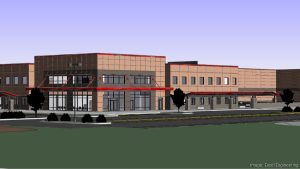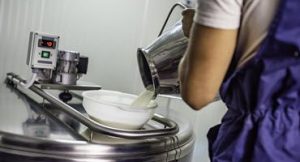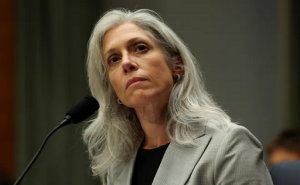
Dan Hougentogler says Pennsylvania’s many multispecies farms present a unique biosecurity challenge.
Only six dairy farms in Pennsylvania are enrolled in the state’s dairy disease tracking program.
Biosecurity consultant Dan Hougentogler thinks there’s a simple reason: There’s never been a need for it. “Dairy farmers have not been faced with a reportable disease,” he says.
But with the ongoing outbreak of highly pathogenic avian influenza in cows, the game has changed. His challenge now: convincing farmers to take biosecurity seriously.
“Changing the mentality is really about managing people to reduce our potential for problems,” Hougentogler says. “It’s looking at everybody as a bad person, unfortunately. We need to know everybody that steps on foot in our domain.”
Hougentogler spent 17 years at the University of Delaware doing outreach and research on poultry diseases. Two years ago, he left the university and became a private biosecurity consultant. Now, he has been recruited by Pennsylvania’s dairy and beef leaders to talk biosecurity to farmers in the state.
It’s a unique challenge, he says.
“There’s a lot of multispecies farms,” Hougentogler says. “A lot of multispecies farms have been slower to implement advances like a foot bath, change of boots, those sorts of things. Biosecurity is as much about the community around it as it is about that individual farm. You don’t have to build the Taj Mahal.”
Dairy farms are especially challenging because of the way they are set up. The type of confinement that’s commonplace on poultry and hog operations is never seen on dairies.
“Every [dairy] farm is different,” Hougentogler says. “Poultry farms, they are all roughly the same, with a singular area to access the animal area. Dairies are different. They are all made up differently. The real impact is in that traffic control and access.”
And this is where strict biosecurity controls can be tricky to implement.
“Some of these genetics people, veterinarians, they are visiting multiple farms in a day,” Hougentogler says. “The electrician, the plumber, too. So, start getting those other industries to improve their biosecurity between farms. Until a producer or a community sees the impact, it’s always hard for them to buy into that idea.”
Still, there are things dairy farmers can do to tighten things up. Here’s some suggestions:
Secure access. Hougentogler says more than 95% of dairy farms have no rules for entering or exiting the property. People come and go as they please, for the most part, and this is the biggest biosecurity risk.
Installing things like gates to restrict people movement — just as gates are used to restrict cattle movements — is one solution, but it can be expensive, he acknowledges. It can also be time-consuming.
There are many places where people can easily access the cows and milking parlor. Should all those places be gated off? Will it require the use of additional manpower or technology? These are questions that should be considered.
Use barn-specific clothes. This might take some getting used to, but it is a much more practical and less expensive way to address biosecurity.
“Change your clothes,” Hougentogler says. “Perhaps have a pair of rubber boots for milking, but then change into something else afterward. It is very effective, and there is a good line of separation. I’ve seen poultry farms with these protocol that are next to a farm that has tested positive for something, and nothing happens on those farms.”
One community where Hougentogler has done specific outreach is the Plain Sect community. Many of these farms are multispecies. In fact, an Amish farm that he visited recently had poultry, cattle, sheep, goats and horses all on the same farm.
“I’ve had farmers that don’t understand biosecurity, maybe because they don’t understand viruses, and some that balk at even the simplest thing like plastic boots,” he says.
“The biggest challenge with the Plain Sect community is how you approach them and who you are. I’m not with the government; I’m an independent contractor,” Hougentogler adds.
At one meeting with Plain Sect producers, he handed out 87 biosecurity kits. These kits contained overalls, but not with zippers. Instead, they were button-up overalls made to conform with the community’s tradition of modest clothing.
“Others are much more progressive,” Hougentogler says. “But I talk about community, and this seems to matter. Part of their religion is about community. If you use community as a tool to implement, it can be well received.
“Biosecurity is just an idea of principles and practices that reduce your risks. It just takes time.”
Biosecurity workshops. The Center for Beef Excellence, along with the Pennsylvania Beef Council and Northeast Extension Risk Management Education, are holding six daylong biosecurity workshops this fall and early next year geared to beef producers, with the first workshop Oct. 29 at the Lancaster Farm and Home Center.
Registration is limited to 15 operations per session.
The purpose is to get farmers to fill out biosecurity plans and to ask questions of experts, including Hougentogler and others, on biosecurity.
Each operation will be given a “biosecurity kit” with a variety of supplies.
According to a press release, biosecurity is a key principle in the National Beef Quality Assurance program and is a pillar in the development of Secure Beef Supply, a foreign animal disease response program.
Development of thorough, complete biosecurity plans is integral to the continuance of operations should an outbreak occur. It allows producers with no evidence of infection to move animals to processing or another premises and maintain continuity of business.
All workshops will begin at 8 a.m. and conclude about 2 p.m. The complete list of workshop dates and locations is at beefexcellence.com/events.
Hougentogler is available to speak at upcoming winter meetings at no cost. The Center for Dairy Excellence is sponsoring.
Speaking requests are being accepted on a first-come, first-served basis. For information, visit centerfordairyexcellence.org/speaker-available or email Valerie Mason-Faith at vmason@centerfordairyexcellence.org.
Hougentogler can be reached at hougentoglerenterprises@gmail.com.
You can now read the most important #news on #eDairyNews #Whatsapp channels!!!
🇺🇸 eDairy News INGLÊS: https://whatsapp.com/channel/0029VaKsjzGDTkJyIN6hcP1K
